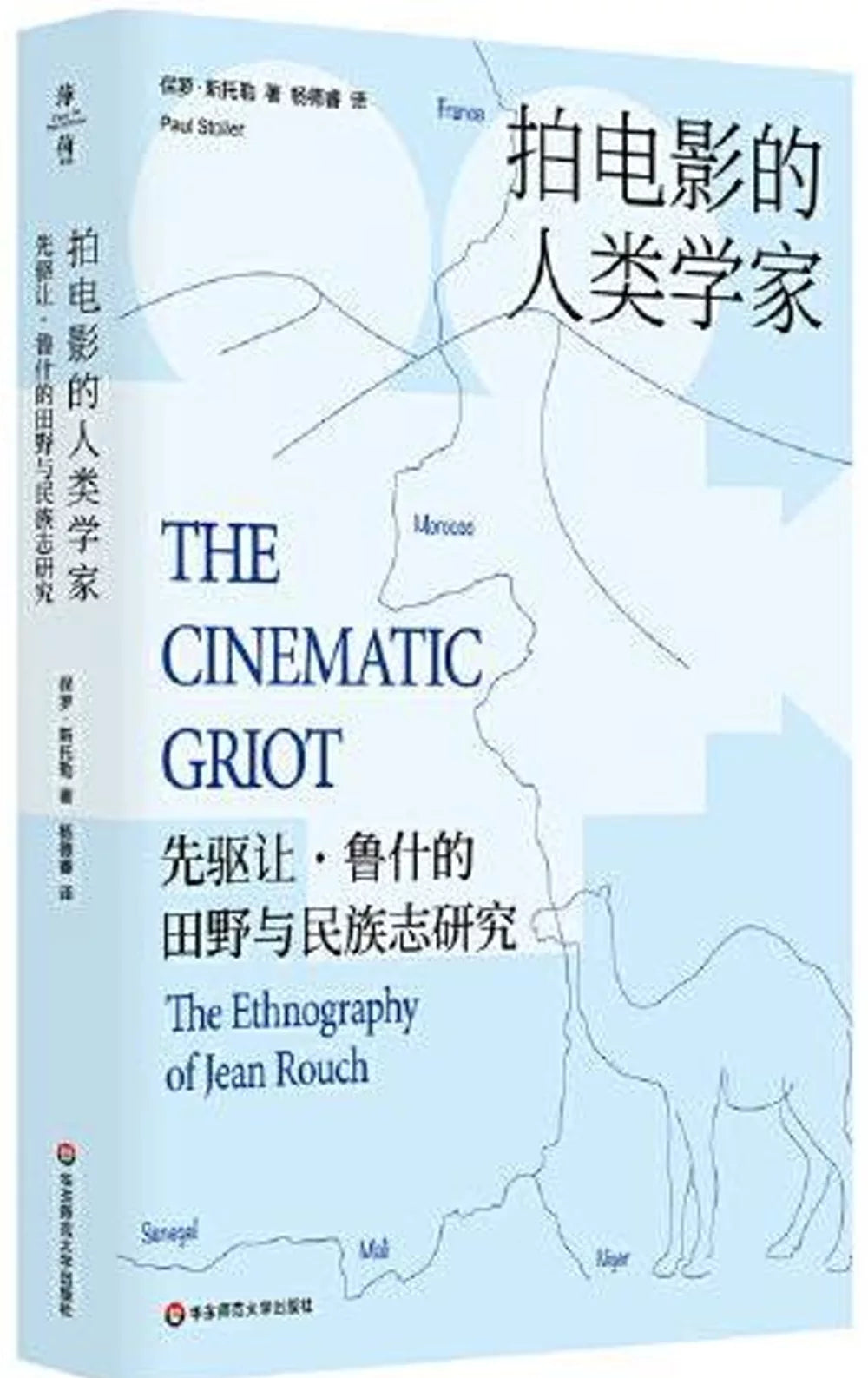1
/
of
1
Anthropologists who make films
Anthropologists who make films
Paul Stoller Yang Derui 译
Regular price
$25.99 USD
Regular price
Sale price
$25.99 USD
Unit price
/
per
Out of stock
Couldn't load pickup availability
About Book
About Book
The Cineatic Griot: The Ethnography of Jean Rouch
"The Story of Jean Rouch's Tales, the Legend of the Bard's Tales"Jean Rouch is the world's most prolific ethnographic filmmaker, yet only five of his over 100 films have reached North America. He is one of the pioneering ethnologists studying African societies, yet his ethnographic works remain largely unknown. Despite his significant contributions to both anthropology and film, his evaluation remains controversial. Existing commentary on Rouch is far from complete, consisting largely of speculations that operate outside of reality.
As an anthropologist whose career aspires to study Songhai social life, author Paul Stoller focuses primarily on Rouch's ethnographic achievements. Retracing Rouch's Songhai path, he plunges into the realities of Songhai history, politics, social change, magic, and spirit possession. He is perfectly placed to tell the story of Rouch and his work. This book offers an in-depth analysis of Rouch's significant films and ethnographic works, revealing the inherent connection between these two forms of expression. It not only explores Rouch's life and contributions but also explores the sociocultural dimensions of the people he portrayed—the Songhai people of Niger.
Following Rouch's "cinema verité" and "shared anthropology," we will move toward a deeper understanding, where we will not only encounter others but also ourselves.
【Expert Recommendation】
Over the past decade, Rouch's work has been a driving force in French cinema, a fact many don't realize. Rouch can be considered a predecessor of Jean-Luc Godard. In some ways, Rouch's influence on the evolution of French cinema has been even more profound than Godard's. In my opinion, Godard was simply moving in a direction that was uniquely his own; he wasn't a role model. Rouch's entire body of work is exemplary, even his failures...
—Jacques Rivette, film director and screenwriter, and a leading figure in the French New Wave. Rouch's films revolve around extreme experiences and are richly detailed. They reveal individuals with a creative spirit, integrity, and passion rarely seen in any other cinematic genre, and almost unique in ethnographic cinema. Furthermore, these works not only concern "primitive groups" but also depict his own culture, always attentive to the dynamic context of cultural change... Thus, Rouch's films raise central questions about ethnographic filmmaking... He, along with few others, represents for many people around the world the full breadth of social anthropology.
——Documentary Educational Resources Center
More than a testimony, Rouch's work introduced a new concept: "shared anthropology." It's about making films with people and involving them in the process, not just about films about their lives. His work blends fiction and reality, presenting real situations and encouraging action... He has been called the "father of cinéma vérité," revealing the truth as objectively as possible... Imagining and creating films as works of art: this is one of Rouch's invaluable legacies for future filmmakers, ethnographers, humanists, and the adventurers who will follow in his footsteps.
Reading and watching Jean Rouch's works in parallel seems like an ideal way to understand this multifaceted figure: the inventor of a new kind of ethnographic cinema and a creator of participatory fiction; a man who yearns for a "disappearing" Africa while also discovering a nascent modernity; a thinker and a doer. His films, interviews, and ethnographic writings truly intertwine.
—Jean-Paul Colleyn, anthropologist and filmmaker, director of research at the École Nationale Supérieure des Hautes Études en Sciences Sociales (École Nationale Supérieures en Sciences Sociales), and former director of the Center for African Studies The very nature of ethnographic film—how it is practiced, how it is discussed, where its boundaries lie—is profoundly influenced by the work of Jean Rouch… A small part of his work has been widely disseminated, with an impact far beyond the scope of anthropological research, but the vast majority remains—to borrow a phrase from the catalogue of the French National Center for Cinema and Animation (CNC)—“an ocean to be explored.”
—Paul Henley, Professor of Film and Television Anthropology at the University of Manchester and director
Publication Date
Publication Date
2025-01-01
Publisher
Publisher
华东师范大学出版社
Imprint
Imprint
Mint Experiment
Pages
Pages
346
ISBN
ISBN
9787576047103
share

